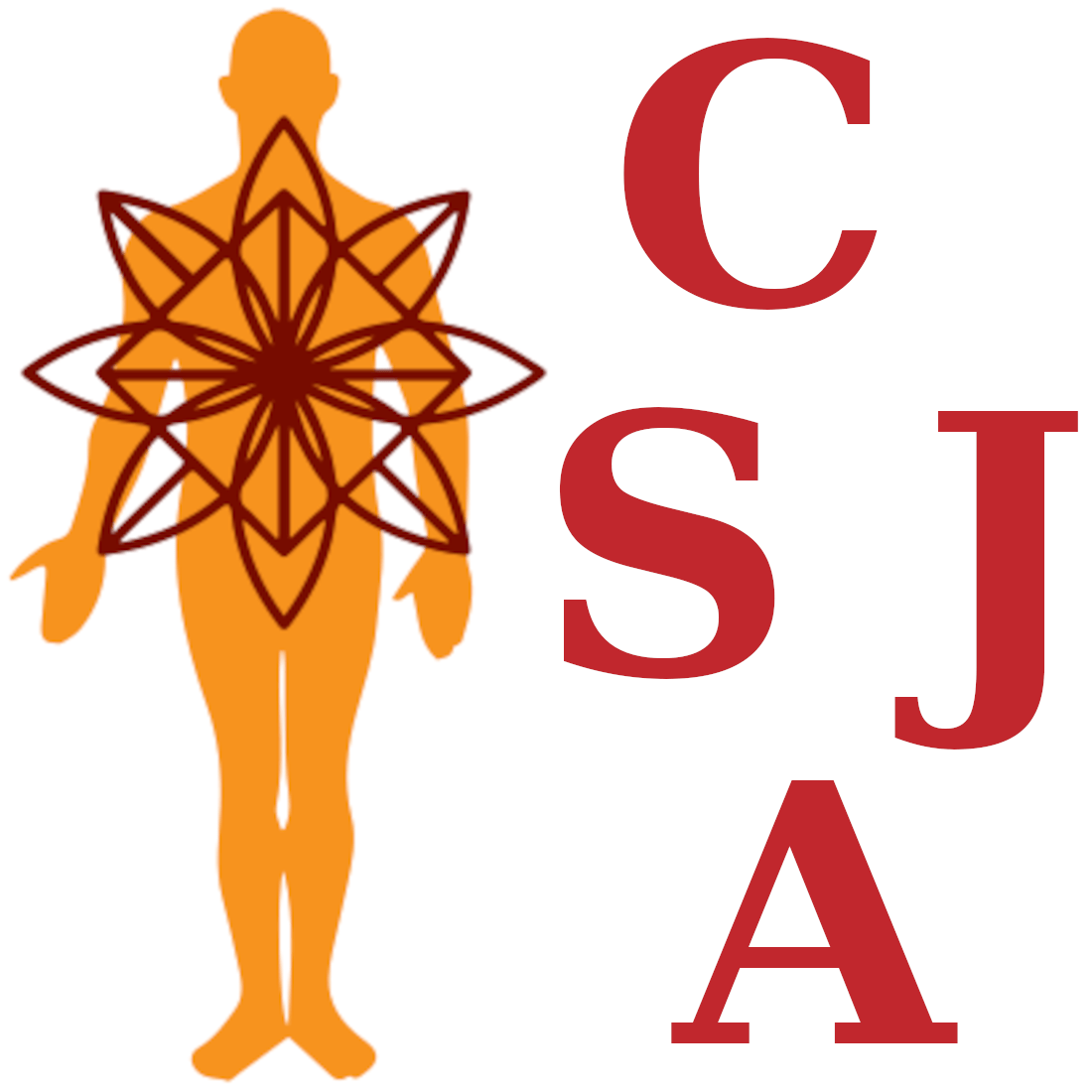As women approach menopause, a natural transition marking the end of their reproductive years, they often encounter a diverse range of physical and emotional changes due to hormonal fluctuations. Amidst the search for effective remedies, acupuncture have garnered attention as a potential approach to managing menopausal symptoms. This article delves into the scientific foundation of menopause, the mechanisms of acupuncture, and the insights derived from significant studies that illuminate its promise in alleviating the discomforts associated with this phase of life.
Understanding the Science behind Menopause
Menopause is underpinned by intricate hormonal dynamics, orchestrated largely by the ovaries. These vital reproductive organs undergo a gradual waning of function over time, leading to declining levels of estrogen and progesterone. The hormonal imbalances during menopause manifest as an array of symptoms, encompassing hot flashes, night sweats, mood swings, sleep disturbances, and vaginal dryness. This complex cascade of events is a result of the ovaries becoming less responsive to signals from the brain, triggering irregular menstrual cycles and eventually ceasing menstruation altogether.
Exploring Acupuncture’s Mechanisms and Potential Benefits
Hot Flashes and Night Sweats: A study by Avis et al. (2016) ventured into the realm of acupuncture’s effects on hot flashes. By influencing neurotransmitters and facilitating the release of endorphins, acupuncture may act as a catalyst in modulating the brain’s temperature regulation centers. This modulation could lead to a reduction in the frequency and intensity of hot flashes, providing respite to women grappling with these vasomotor symptoms.
Sleep Disturbances: Delving into the effects of acupuncture on menopausal symptoms, the “ACUFLASH” study by Borud et al. (2009) unearthed insights into sleep disturbances. Acupuncture’s ability to stimulate nerve pathways and potentially regulate the autonomic nervous system could foster improved sleep patterns, thereby affording relief to women battling sleep disruptions during menopause.
Mood Swings and Anxiety: Kim et al (2010), embarked on a multicenter clinical trial, examining acupuncture’s potential to alleviate mood-related symptoms. Acupuncture’s capacity to impact neurotransmitter levels and facilitate relaxation might account for the observed reduction in mood swings and anxiety. This psychological stability could offer vital emotional support to women navigating the often turbulent waters of menopause.
Synergy of Acupuncture for Menopause Symptom Management
Acupuncture’s holistic principles harmonize with the intricate complexities of menopausal symptomatology. The practice’s emphasis on restoring energy balance within the body aligns seamlessly with the multifaceted nature of menopausal discomforts. By targeting specific acupuncture points, practitioners strive to ignite the body’s innate healing mechanisms, potentially fostering improvements in hormonal equilibrium, neurotransmitter balance, and overall physical and emotional well-being.
The Path Forward: Embracing Holistic Solutions.
As research delves deeper into acupuncture’s potential in alleviating menopausal symptoms, the accumulated findings from these studies collectively hint at a multifaceted approach to symptom relief. The interconnectedness of the body’s systems resonates with the foundational philosophy of acupuncture, bolstering its credibility as a modality worth exploring. As women embark on the transformative journey through menopause, they have the opportunity to embrace holistic modalities that resonate with the body’s intrinsic capacity for healing.
Women navigating the menopausal transition seek solace from the multitude of symptoms that accompany this significant life phase. Acupuncture, a fusion of tradition and research, stands as a promising avenue for managing menopausal discomforts. By addressing energy imbalances and influencing various physiological pathways, acupuncture may offer respite from hot flashes, sleep disturbances, mood fluctuations, and physical discomforts. As research continues to unveil acupuncture’s mechanisms, women can embark on a holistic path that resonates with the body’s remarkable journey through menopause.
References:
Avis, N. E., Legault, C., Coeytaux, R. R., Pian-Smith, M., Shifren, J. L., & Chen, W. (2016). A randomized, controlled pilot study of acupuncture treatment for menopausal hot flashes. Menopause, 23(5), 517-522.
Borud, E. K., Alraek, T., White, A., Fonnebo, V., Grimsgaard, S., & Aasland, O. G. (2009). The acupuncture on hot flushes among menopausal women (ACUFLASH) study, a randomized controlled trial. Menopause, 16(3), 484-493.

At CSJAcupuncture.com, we’re dedicated to empowering you with knowledge that promotes holistic well-being. Explore our educational resources based on clinical experience, science, and best integrative medicine practices. Embark on a journey toward a healthier, balanced life! Check out our wellness book on Amazon.com!